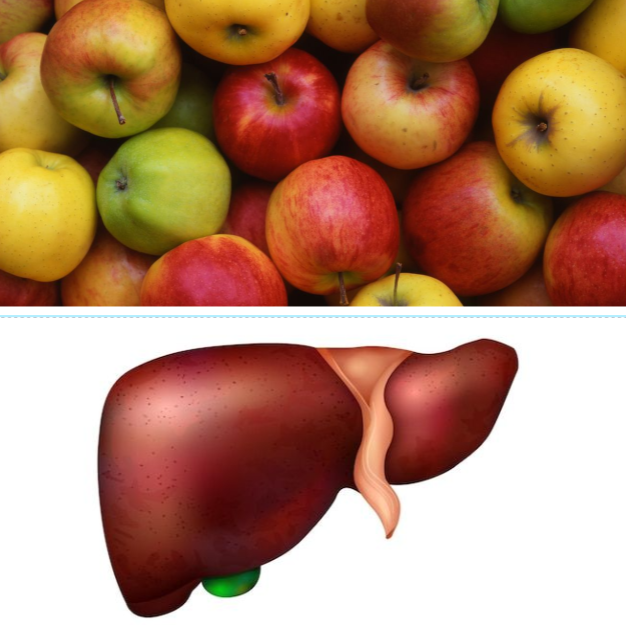Many people think carefully about what they eat, especially when it comes to eating at certain times of day. A common question is whether or not it’s a good idea to eat fruit at night.
Most of us know that fruit is full of good things like vitamins, minerals, and fiber. However, some people believe that if you eat fruit right before bed, it could cause problems.
Since eating fruit is usually seen as a healthy choice, it’s normal to wonder if having fruit at night can be part of a healthy lifestyle, too.
Table of Contents
- What Good Stuff Do Fruits Have?
- Is Eating Fruit at Night Okay?
- Fruit, Sugar, and Digestion
- Impact on Sleeping Well
- Managing Your Weight
- Glycemic Index and Blood Sugar
- Right Timing and Portion Size
- What’s Best for You?
- In Summary
- FAQs
- Does eating fruit at night make you gain weight?
- What fruits are best to eat at night?
- Can having fruit late in the day lead to acid reflux or an upset stomach?
- How much time should I leave between eating fruit and going to bed?
What Good Stuff Do Fruits Have?
Fruits are loaded with lots of nutrients that are good for your health. This includes vitamins like vitamin C, A, and K, and also important minerals such as potassium and folate.
Adding fruits to what you eat can help your immune system, keep your digestion running smoothly, and make your skin look healthy. Plus, fiber from fruits can help you keep a healthy weight and cut down the risk of some big health problems like heart disease and diabetes.
Is Eating Fruit at Night Okay?
Yes, eating fruit at night is perfectly fine. Fruits give you important nutrients and fiber that are part of a healthy life. Eating fruit at night might also help you stop craving other snacks that might not be as healthy and can even help you sleep better.
Fruit, Sugar, and Digestion
Fruits naturally have sugar, and it’s usually called fructose. But, the fiber in fruit makes the body absorb sugar slowly, which stops big jumps in how much sugar is in your blood. This fiber helps in digesting your food and makes you feel full, too.
Some people worry that eating sugar from fruits at night might make them gain weight or have too much sugar in their blood. But this really depends on what type of fruit you eat, how much you eat, and how your own body handles it.
Impact on Sleeping Well
A big concern about eating fruit at night is that it could make it hard to sleep well. Eating lots of food, which includes fruit, just before you go to bed can make it tough to fall asleep.
If eating at night causes you to have an upset stomach or heartburn, that can also mess with your sleep. So, it’s a good idea to eat a while before you go to bed to let your body digest the food if you already know these kinds of problems bother you.
Managing Your Weight
A lot of us want to keep a healthy weight. Even though fruits are not high in calories and have lots of nutrients, the number of calories they have is different from fruit to fruit.
If you are eating more calories than you need, including fruit at night, you might gain weight. So, it’s good to look at how much you’re eating all day and to watch how much fruit you have in each serving.
Being careful about how much fruit you eat is the key to adding fruit to your diet without messing with your goal to manage your weight.
Glycemic Index and Blood Sugar
The glycemic index (GI) is about how fast carbs, which include the sugars in fruits, go into your bloodstream.
Some fruits have a low GI, which means they make your blood sugar levels go up slowly and steadily. Others have a high GI and cause a faster increase. If you’re worried about blood sugar at night, you might want to choose fruits with a low GI like berries or apples.
However, keep in mind that how people react to fruit sugars can differ, so it’s important to pay attention to what your own body tells you.
Right Timing and Portion Size
When you decide to eat fruit at night, think about the timing and how much you eat.
It’s usually a good idea to have fruit with a meal or a snack, and try to do this a few hours before you go to bed. This gives your body time to digest. Sticking to the right size of a fruit serving can help you get its benefits without going overboard.
Mixing up the kinds of fruits you eat each day is also a great plan.
What’s Best for You?
It’s important to think about general advice, but don’t forget that everyone is different. Some people can eat fruit at night and not have any issues, while it can cause problems for others.
Listening to your body and noticing how you feel when you eat fruits at various times can help you figure out the best routine for you. And, of course, enjoying the fruits you eat matters a lot when choosing what to include in your diet.
In Summary
Choosing to eat fruit at night involves considering several factors, including what you personally prefer, how your body handles it, and any other health concerns you might have. Fruits are full of healthy nutrients that make them a great part of any diet.
By being mindful about how much fruit you eat and when you eat it, you can avoid issues with sleep, weight, and blood sugar levels.
It’s always a good idea to pay attention to how your body feels and make choices that keep you on track with your own health goals.
FAQs
Does eating fruit at night make you gain weight?
Eating fruit at night by itself won’t automatically make you gain weight. However, eating too many calories from any food, including fruit, can contribute to weight gain. Keeping track of how many calories you eat and controlling how much you eat are important for managing your weight.
What fruits are best to eat at night?
There isn’t a one-size-fits-all answer to the best fruit to eat at night. That said, fruits that have a low glycemic index, like berries and apples, can be a good choice because they don’t cause your blood sugar to rise too much.
Can having fruit late in the day lead to acid reflux or an upset stomach?
Yes, if you eat a lot of fruit or any large meal too close to when you go to bed, you might get acid reflux or an upset stomach. If you give yourself enough time to digest your food before you lie down, it can help prevent these issues.
How much time should I leave between eating fruit and going to bed?
You should try to eat fruit a couple of hours before you go to sleep. This gives your body time to digest. How long you should wait can vary from person to person, depending on how quickly you digest food and what feels right for you.









